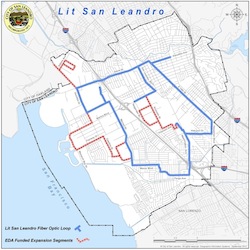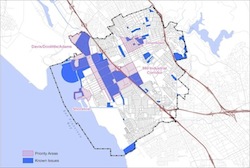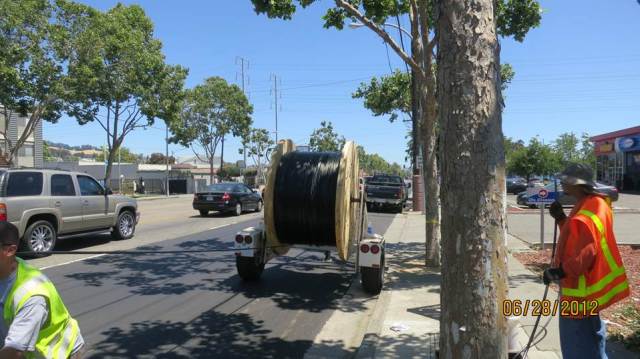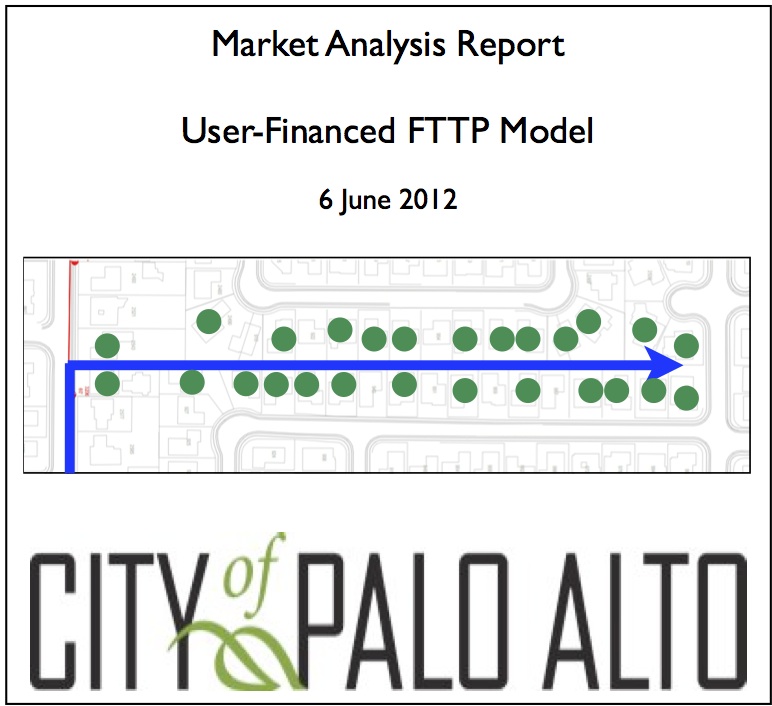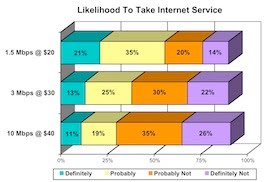Hint of daylight for CASF community broadband funding
Right now, funding is limited to companies that sell telephone lines (very broadly defined) and hold either a Certificate of Public Convenience and Necessity (CPCN) or are registered wireless telephone carriers.
Cities, independent Internet service providers, non-traditional telecoms ventures, community organizations and others can’t get funding directly.


